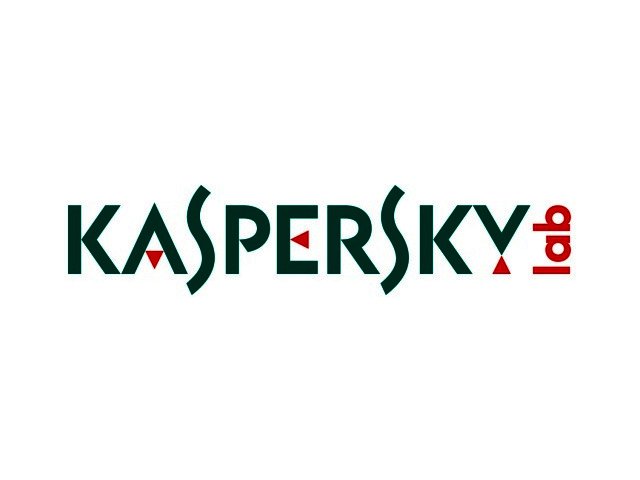Business news sponsored by:
According to Kaspersky Lab’s Spam and phishing in 2017 report, cybercriminals have been following a global agenda and have been using hot topics such as FIFA 2018 and Bitcoin to fool users and steal their money or personal information in the last 12 months.
Spammers have shown themselves to be thoughtful actors, instantly monitoring global issues and major events around the globe with one main purpose – to capture and capitalise on their victim’s attention. Kaspersky Lab’s ongoing research on spam and phishing activities confirms the methods used by spammers are effective, due to users’ decreasing attention and increasing unconditional trust. These factors, combined, mean that people are more likely to follow false instructions.
While in 2017 the world has been intensively preparing for FIFA 2018, spammers have been actively spreading related emails. Thus, they’ve been sending victims fraudulent messages with official logos of the event, including organisers and sponsor brand information, and notifying users about lottery wins and even promising them free tickets.
Another hot spam and phishing topic in 2017 was cryptocurrency - as Bitcoin’s price has drastically increased. Kaspersky Lab researchers have previously recorded a growth in blockchain-themed tricks in the third quarter of 2017. By the end of the year, an extensive arsenal of spammer tools was noted.
According to Kaspersky Lab’s discoveries, criminals have been using tricks such as websites disguised as cryptocurrency exchanges, fake services offering cloud mining, i.e. the use of specialised data centres for rent. But in all cases users became the victims - losing money instead of earning any. In more traditional fraud schemes, such as fake lottery winnings, criminals have also started to use Bitcoin as bait, and in addition to targeted address databases advertised through spam, databases with emails for cryptocurrency users have been also offered for purchase, promising great opportunities.
Moreover, criminals have distributed different types of malware in spam emails, under the guise of utilities for earning Bitcoins, or instructions for cryptocurrency trading. However, importantly, Cryptolockers, whose creators demanded a Bitcoin ransom, have been detected in spam letters less than in the previous year.
Overall, the average amount of spam in 2017 decreased to 56.63%, which is 1.68 percentage points less than in 2016. At the same time, the number of the phishing attacks increased – the Kaspersky Lab Anti-Phishing system was triggered 246,231,645 times on the computers of Kaspersky Lab users, which is nearly 59% higher than in 2016.
“Though In 2017 we saw a slight decrease in spam activities, throughout the year spammers haven’t missed any reason to steal users’ personal information, keeping their eyes on what’s happening in the world. As sports events such as upcoming FIFA World Cup or others take place, their activity will only increase,” said Darya Gudkova, Spam Analyst Expert at Kaspersky Lab. “Moreover, in 2018 we expect further development and growth of cryptocurrency-related spam and phishing - with more cryptocurrency diversity besides Bitcoin, which was widely used in the previous year, and with 'pump and dump' schemes.
Other important trends and statistics in 2017, highlighted by Kaspersky Lab researchers, include the following:
- The most popular source of spam was the USA (13.21%), followed by China (11.25%) and Vietnam (9.85%). Others in the top 10 include India, Germany, Russia, Brazil, France, and Italy.
- The country most targeted by malicious mailshots was Germany (16.25%), showing a slight increase of 2.12 percentage points compared to 2016. Others in the top 10 include China, Russia, Japan, UK, Italy, Brazil, Vietnam, France, and UAE.
- The largest percentage of users affected by phishing was in Brazil (29.02%). Overall, 15.9% unique users of Kaspersky Lab products worldwide were attacked by phishing.
Kaspersky Lab recommends home users install a reliable secure solution, such as Kaspersky Total Security, which is able to detect and block phishing attacks and spam in standalone email clients.
Businesses are recommended to use security solutions with dedicated functionality aimed at detecting and blocking phishing, malicious attachments and spam. Businesses can protect their on-premises email systems with targeted applications inside Kaspersky Endpoint Security for Business suite.
This year, we are offering a new product — Kaspersky Security for Microsoft Office 365 — to help customers extend protection to the cloud-based mail service Exchange Online inside the Microsoft Office 365 suite.
Learn more about spam and phishing in 2017 on Securelist.com.






